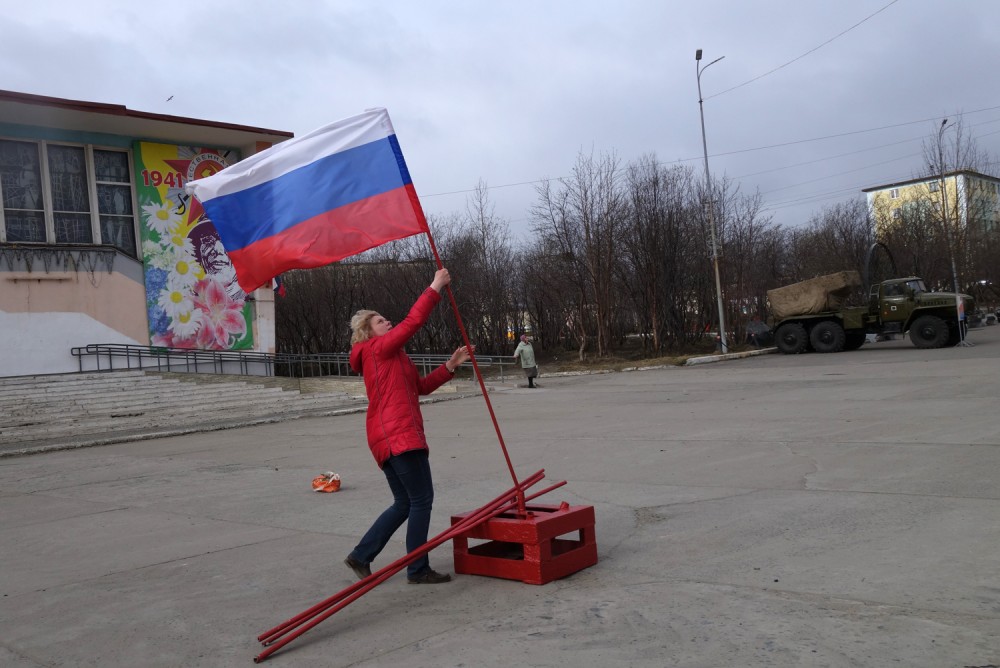This is what Russia’s new foreign policy strategy says about the Arctic

Russia’s new foreign policy strategy, a guiding document for the country’s relations abroad, warns against an aggravation of international relations in the Arctic.
In a time of East-West political freeze, the strategy, available on the website of Russia’s Foreign Ministry, highlights that Russia “will strongly work against any attempts to bring elements of confrontation and military conflict to the Arctic.” Similarly, the country will “resist attempts to politicise international interaction in the region.”
The strategy was adopted by President Vladimir Putin on Nov. 30.
[Norway urges Trump to issue predictable, clear policy on Russia]
It is the first document of its kind adopted after the annexation of the Crimea and subsequent decline of confidence in East-West relations. Previous foreign policy strategies were adopted in 2008 and 2013.
The document has 108 priority points and mentions the word “Arctic” just a few times. On the forefront is the role of international law in the region.
“The Russian Federation roots [its policy] in the adequacy of existing international laws and agreements [and] in successful regulation by means of negotiations,” the document reads.
“This includes the issue of determination of the external borders of the continental shelf in the Arctic Ocean.”
The strategy highlights the role of the five Arctic countries and calls for a strengthening of interaction in cooperative bodies like the Arctic Council and the Barents Euro-Arctic Council.
“It is the Arctic countries, which bear the responsibility for a sustainable development in the region,” the document stresses.
The Northern Sea Route is a foreign policy priority. The sea route has a significant importance for the development of the region, both with regard to national transport communication and transit shipments between Europe and Asia, the strategy says.
The document is based on many of the same points as in the 2013 and 2008 versions.
Not unexpectedly however, the new strategy has a higher focus on climate issues.
“The Russian Federation calls for an extended international cooperation in providing environmental security and counter-action on global climate change,” the strategy reads, and adds that the Paris Treaty is a “reliable basis for international regulations in the field of climate policy.”
At the same time, the country’s ambitions in the field remain questionable. International cooperation in combating climate change is first of all needed “in order to preserve and heighten the ecological potential of forests, and based on the necessary use of new energy and energy-saving technology,” the policy document reads.